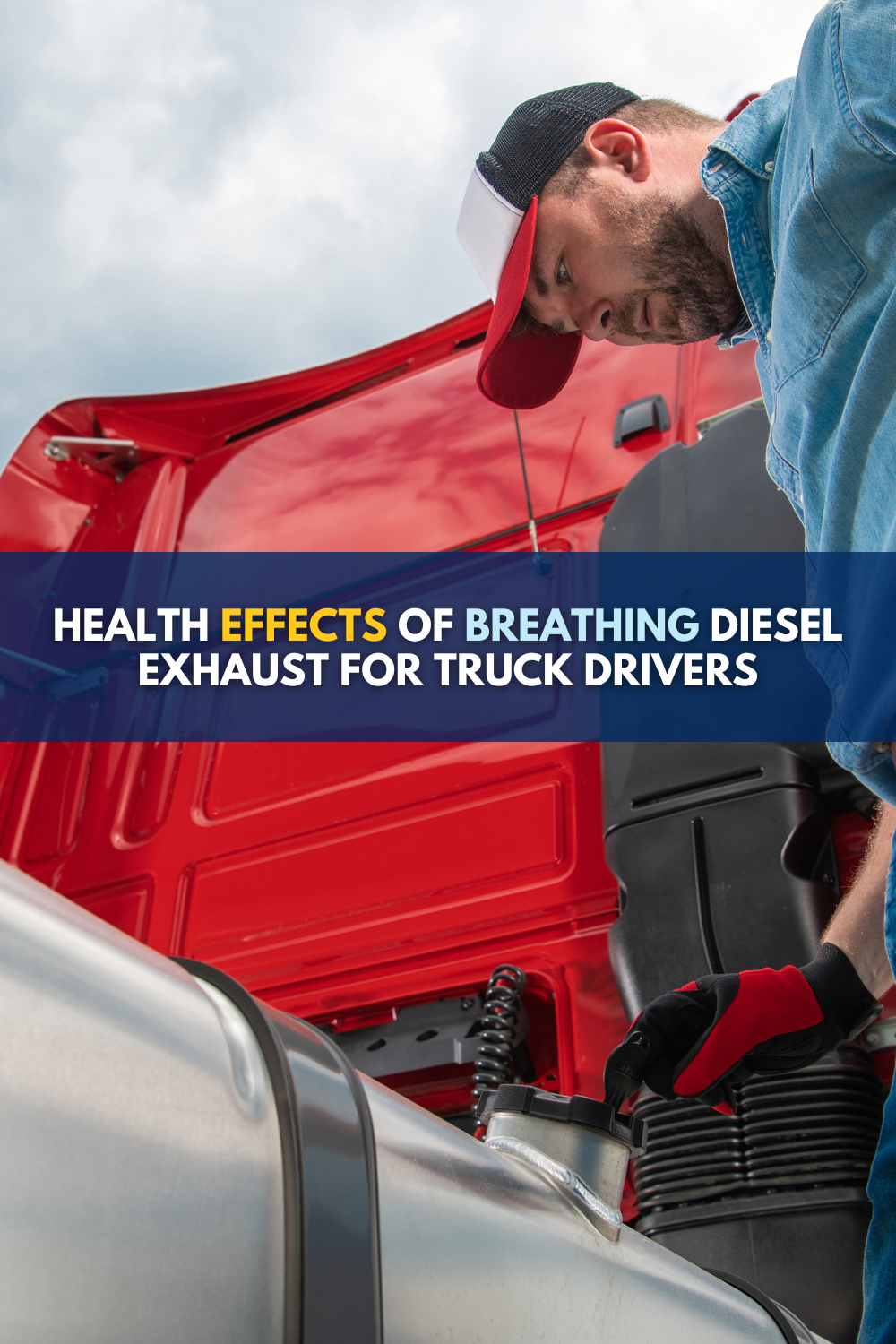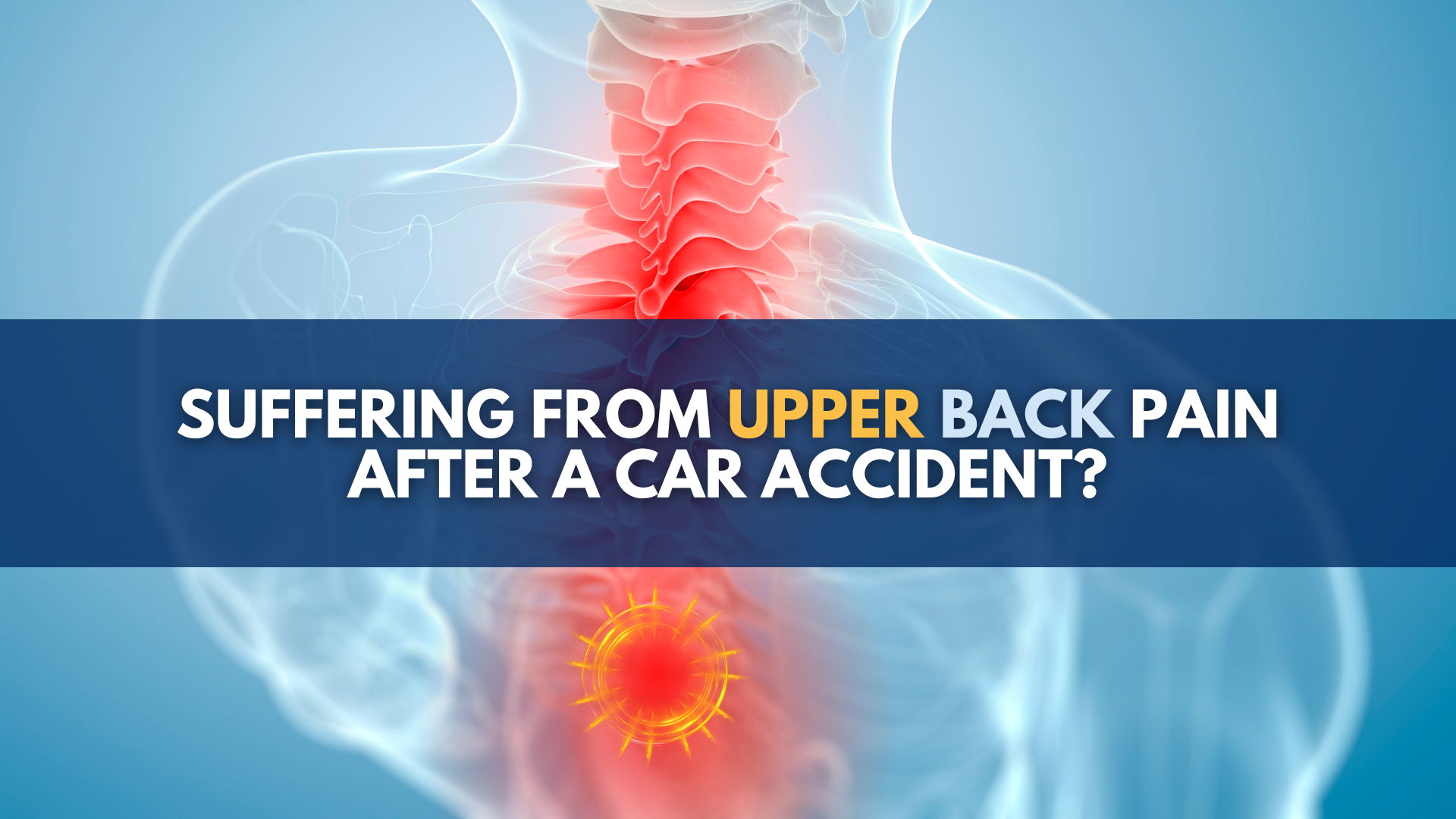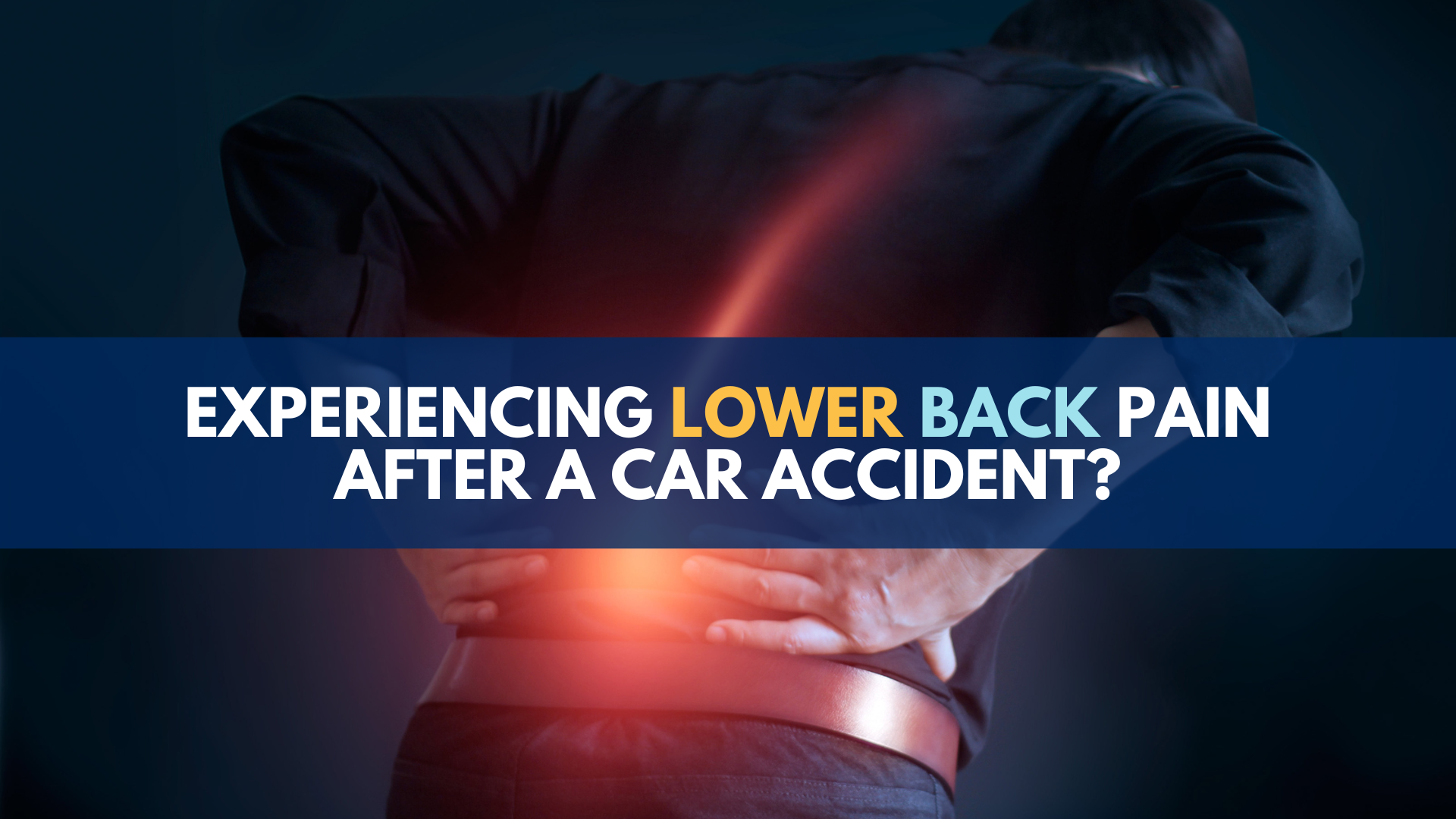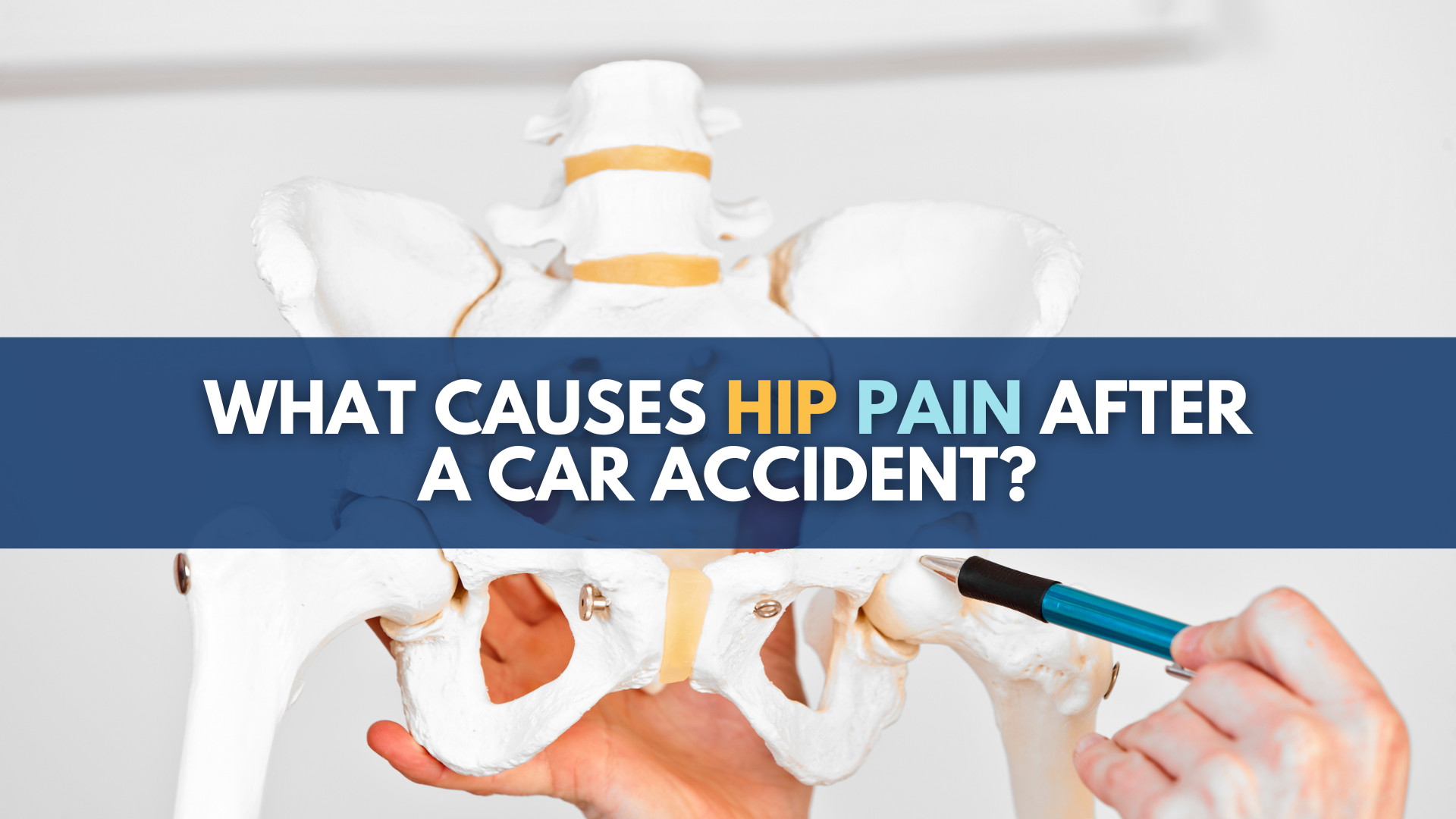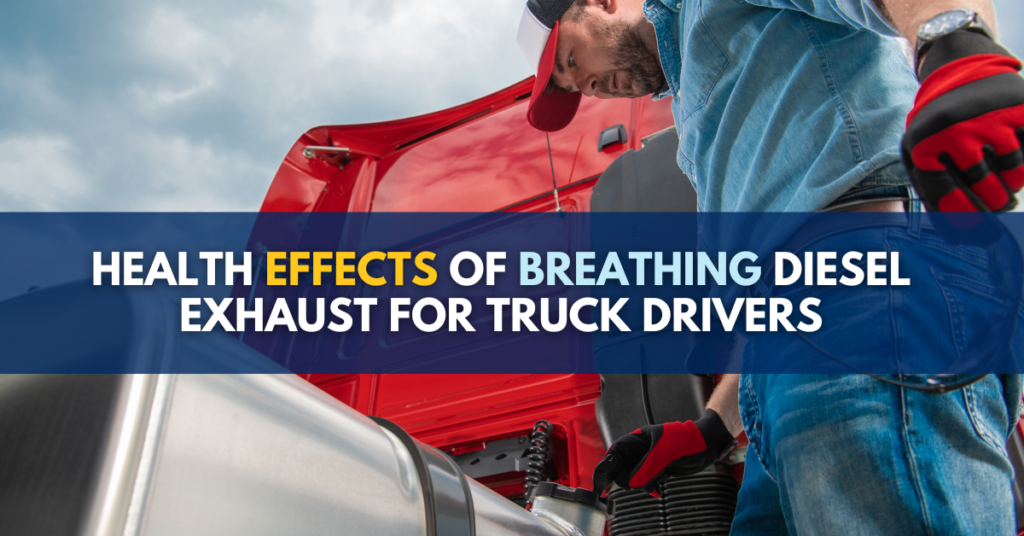
There are short- and long-term health effects of breathing diesel exhaust fumes on truck drivers, such as serious respiratory complications and cancer.
The health effects of breathing diesel exhaust fumes that truck drivers must contend with make an already “tough road” to health and safety all that much tougher.
Reflecting on my last 20 years of practice, I spend quite a bit of time helping and working to protect truck drivers – even though some people wrongly assume that because so much of my practice is as a truck accident lawyer, that I must also be “anti-trucker.” People don’t always realize that being a truck accident lawyer means I have a very high number of truck drivers as clients, because many truck accidents are caused by drivers in cars who don’t always make “wise” driving decisions around truckers. I also work with drivers and companies on safety and preventing crashes, and I’ve been helping truckers who now have to battle with the industry-wide push by employers to wrongfully misclassify truckers as “independent contractors” rather than as the employees that they are, which is just a shameful strategy that employers everywhere are using to boost profits, avoid paying less for Workers’ Compensation insurance, and trying to get out of liability for making truckers work beyond hours of service.
Workers compensation protection is especially important for truck drivers that are at risk for the negative health effects of breathing diesel exhaust fumes from the fuel that truckers depend on to keep their big rigs running.
In recent years, there have been alarming discoveries regarding the negative health effects of breathing diesel exhaust among truck drivers. Much akin to the tobacco litigation, it turns out that many in the trucking industry have known for years about the negative health effects of breathing diesel exhaust fumes of long-term and ignored the risk to truck drivers. Now the science is catching up, although unfortunately many Workers’ Compensation lawyers around the country are still not aware of the connection and are not representing affected drivers with these claims for disability and necessary medical treatment. Unfortunately for the many truck drivers with medical complications caused by this exposure to fumes, the Workers’ Compensation claims are also not keeping up with the science.
In this blog post, I will discuss what fumes are, what the exposure-related health effects of breathing diesel exhaust are for truck drivers and the types of controls that can be put in place to protect truckers.
Where do diesel fumes come from?
Diesel fuel is a petroleum product which is used worldwide as an energy source for a variety of products including, but not limited to, trucks, semi-trucks and commercial vehicles. Significantly, there are even personal pick-up trucks which are fueled by diesel petroleum.
One of the main advantages of using diesel fuel as opposed to gasoline is that, because of its chemical composition, it is much cheaper to produce and, thus, to buy.
But for truck drivers, there is one serious drawback to using this type of fuel: The health effects of breathing diesel exhaust are wrecking truckers’ health.
The problems with burning this fuel begin with the fumes that are created by the exhaust.
What do these fumes consist of?
These fumes are a noxious cocktail of substances. These fumes include both carbon dioxide and monoxide, nitrogen oxides, sulfur, formaldehyde, benzene, and other volatile organic compounds.
OSHA (the “Occupational Safety and Health Administration” of the U.S. Department of Labor) explains in its “Hazard Alert” entitled “Diesel Exhaust/Diesel Particulate Matter” that the fumes from this fuel “exhaust from diesel engines contains a mixture of gases and very small particles that can create a health hazard when not properly controlled.” The particles are called “Diesel Particulate Matter (DPM),” which OSHA describes as “a component of diesel exhaust (DE) that includes soot particles made up primarily of carbon, ash, metallic abrasion particles, sulfates and silicates.”
Similarly, the American Cancer Society’s page on “Diesel Exhaust and Cancer Risk” explains that “[d]iesel exhaust is made up of . . . gases and soot (particles)”:
- “The gas portion of diesel exhaust is mostly carbon dioxide, carbon monoxide, nitric oxide, nitrogen dioxide, sulfur oxides, and hydrocarbons, including polycyclic aromatic hydrocarbons (PAHs).”
- “The soot (particulate) portion of diesel exhaust is made up of particles such as carbon, organic materials (including PAHs), and traces of metallic compounds.”
Short-term health effects of breathing diesel exhaust for truck drivers
- Irritated eyes, throat and lungs
- Light-headedness or dizziness
- Headaches
- Heartburn
- Weakness
- Numbness
- Chest pain
- Nausea
- Vomiting
In addition, the effects of breathing diesel exhaust fumes have been shown to exacerbate underlying health complications, including emphysema, asthma or allergies.
Long-term health effects of breathing diesel exhaust fumes for truckers
- Lung cancer
- Increased risk of cardiovascular disease
- Increased risk of cardiopulmonary disease
- Increased risk of respiratory disease
- Bronchitis (Bronchitis associated with exposure to exhaust fumes are shown to have onset both in conjunction with and independent of smoking, or exposure to other offensive substances such as asbestos)
- Irreversible kidney damage
- Blood clotting
What is the relationship between the effects of breathing diesel exhaust fumes and cancer?
Perhaps the most concerning consequence of being exposed to these fumes from exhaust is its link to cancer. These fumes have been identified as a carcinogenic agent.
OSHA has reported that the International Agency for Cancer Research (IARC) which is part of the World Health Organization (WHO) has classified “diesel exhaust” including “diesel particulate matter” as “a known human carcinogen.”
Similarly, the American Cancer Society has stated the following about the health effects of breathing diesel exhaust fumes and lung cancer:
- “Lung cancer is the major cancer thought to be linked to this type of exhaust. Several studies of workers exposed to this type of exhaust have shown small but significant increases in risk of lung cancer. Men with the heaviest and most prolonged exposures, such as railroad workers, heavy equipment operators, miners, and truck drivers, have been found to have higher lung cancer death rates than unexposed workers. Based on the number of people exposed at work, this type of exhaust may pose a substantial health risk.”
- The International Agency for Research on Cancer (IARC) has classified these types fumes from exhaust as “carcinogenic to humans,” based on “sufficient evidence that it is linked to an increased risk of lung cancer.”
- The IARC has also stated that there is “some evidence of a positive association” between these exhaust fumes and bladder cancer.
What can be done to reduce adverse health effects of breathing diesel exhaust fumes?
OSHA recommends that the following engineering and administrative controls be put in place to reduce truck drivers’ exposure and the effects of breathing these dangerous diesel exhaust fumes:
- Performing routine preventive maintenance of diesel engines to minimize emissions
- Installing engine exhaust filters
- Installing cleaner burning engines
- Installing diesel oxidation catalysts
- Using special fuels or fuel additives (e.g., biodiesel)
- Providing equipment cabs with filtered air
- Installing or upgrading main or auxiliary ventilation systems, such as tailpipe or stack exhaust vents to capture and remove emissions in maintenance shops or other indoor locations
- Limiting speeds and using one-way travel routes to minimize traffic congestion
- Prohibiting and/or restricting unnecessary idling or lugging of engines
- Restricting the amount of diesel-powered equipment and total engine horsepower operating in a given area and ensure that the number of vehicles operating in an area does not exceed the capacity of the ventilation system
- Designate areas that are off-limits for diesel engine operation and/or personnel travel
What can truck drivers do about the health effects of diesel exhaust fumes?
In sum, truck drivers face many negative health effects of breathing diesel exhaust fumes – both in the short- and long-term.
If you are a truck driver and have experienced illness or any other effects when exposed to breathing these dangerous diesel exhaust fumes, immediately seek medical treatment. Your illness may be linked to a more serious underlying condition, which is exacerbated by the exposure of these fumes. If you are suffering from medical complications caused by repeated and long-term exposure to these fumes, and would like to speak with an experienced Workers’ Compensation attorney in your state, you can contact our truck accident attorneys at Michigan Auto Law and we can help you find an experienced Workers’ Comp lawyer to help you.
Injured in a truck accident? Call the attorneys at Michigan Auto Law now!
If you were injured in a truck accident call Michigan Auto Law now (888) 313-3573 for a free consultation with an experienced and specialized truck accident lawyer. There is no cost or obligation. You can also visit our contact page or use the chat feature on our website.
Michigan Auto Law is Michigan’s largest and most successful law firm that specializes exclusively in helping people who have been injured in auto accidents.
Our secret? Our attorneys deliberately handle fewer cases than other personal injury law firms. This allows us to focus more time and attention on our cases.
Unlike other law firms, our attorneys are never too busy to promptly return phone calls and answer questions.
We have more than 2,000 5-Star reviews that reflect this care and attention to detail.
More importantly, this client-focused approach leads to better and faster settlements for our clients. Michigan Auto Law has recovered more million-dollar settlements and trial verdicts for motor vehicle accidents than any other lawyer or law firm in Michigan. We’ve also recovered the highest ever reported truck crash and car accident settlement in the state.
Call now so we can start making a real difference for you.
